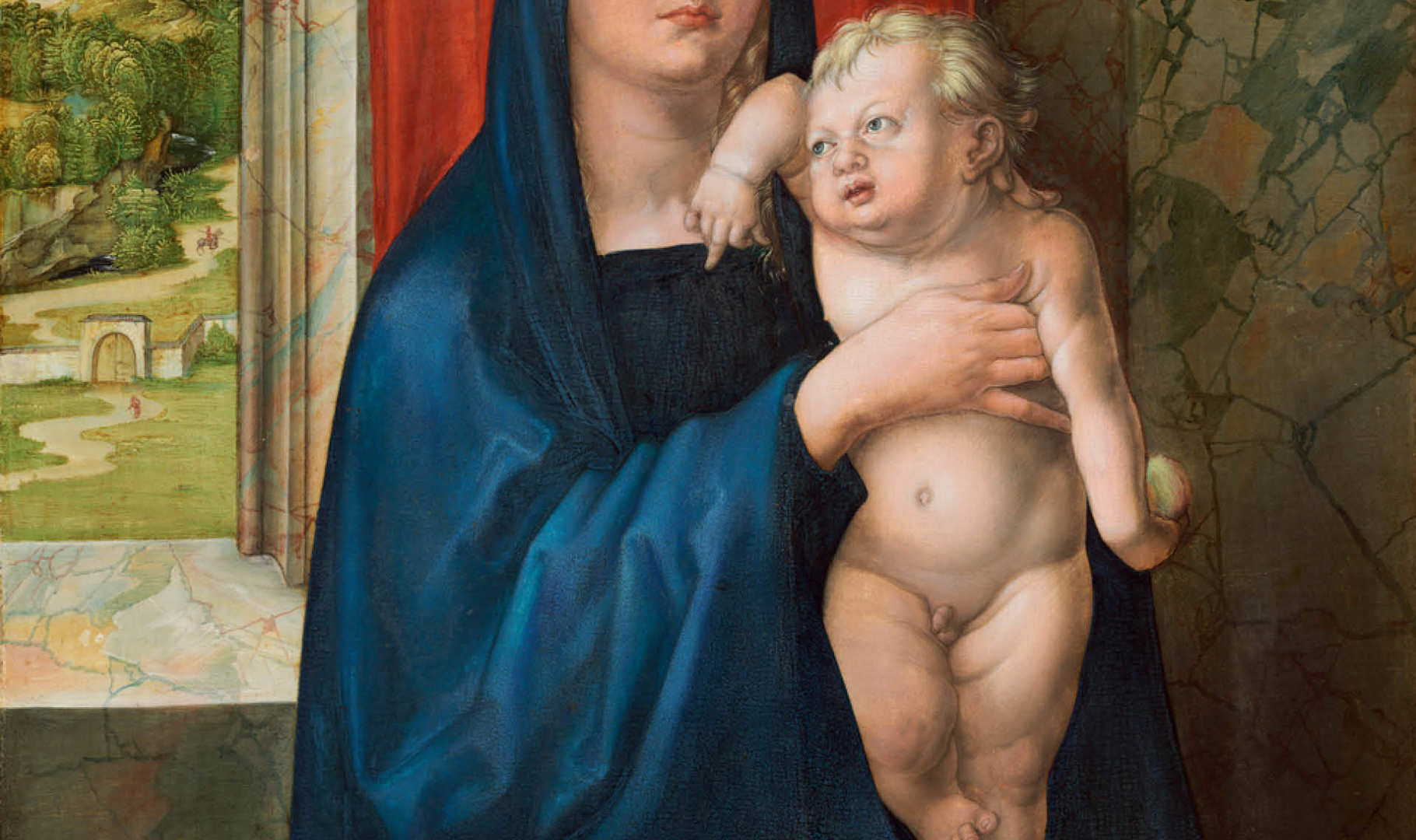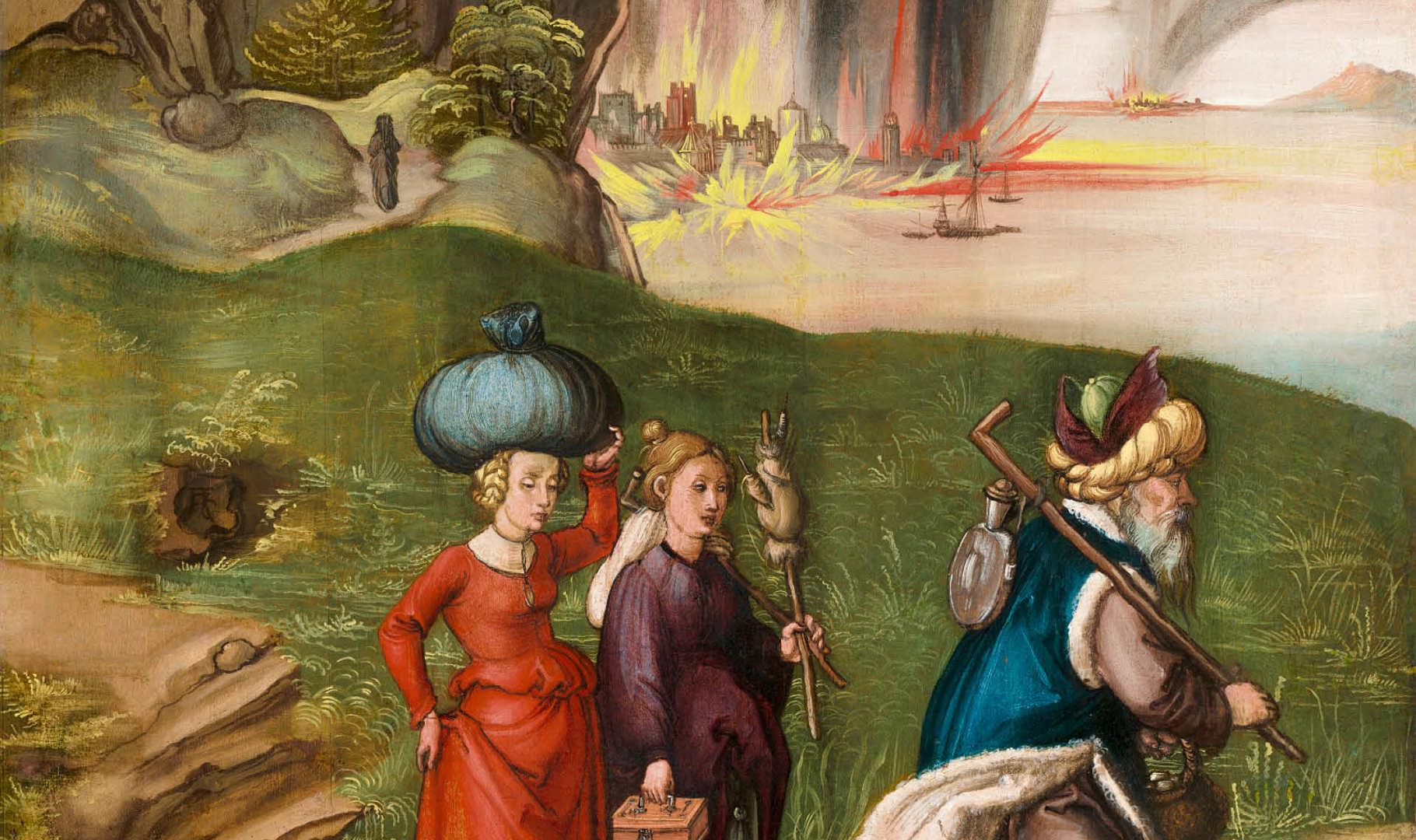National Gallery, London
13 February – 16 May 2021
A major exhibition devoted to German Renaissance artist Albrecht Dürer will open at the National Gallery in February 2021.
The first significant UK exhibition of the artist’s works in such a wide range of media for nearly twenty years will show Dürer’s career as a painter, draughtsman and printmaker.
It will also be the first to focus on the artist through his travels, bringing the visitor closer to the man himself and the people and places he visited, through over 100 paintings, drawings prints and documents loaned from museums and private collections worldwide.
Dürer’s Journeys: Travels of a Renaissance Artist (13 February – 16 May 2021) will, for the first time, chronicle the Nuremberg-born artist’s journeys to the Alps and Italy in the mid-1490s; to Venice in 1505–7; and to the Netherlands in 1520–1, journeys which brought him into contact with artists and fuelled his curiosity and creativity as well as increasing his fame and influence.
One of the exhibition’s most striking loans will be a double-sided painting of a Madonna and Child from the National Gallery of Art, Washington, which will be shown in the UK for the first time.
13 February – 16 May 2021
A major exhibition devoted to German Renaissance artist Albrecht Dürer will open at the National Gallery in February 2021.
The first significant UK exhibition of the artist’s works in such a wide range of media for nearly twenty years will show Dürer’s career as a painter, draughtsman and printmaker.
It will also be the first to focus on the artist through his travels, bringing the visitor closer to the man himself and the people and places he visited, through over 100 paintings, drawings prints and documents loaned from museums and private collections worldwide.
Dürer’s Journeys: Travels of a Renaissance Artist (13 February – 16 May 2021) will, for the first time, chronicle the Nuremberg-born artist’s journeys to the Alps and Italy in the mid-1490s; to Venice in 1505–7; and to the Netherlands in 1520–1, journeys which brought him into contact with artists and fuelled his curiosity and creativity as well as increasing his fame and influence.
One of the exhibition’s most striking loans will be a double-sided painting of a Madonna and Child from the National Gallery of Art, Washington, which will be shown in the UK for the first time.
The picture, which was
intended as a private devotional image, was made for a Nuremberg family
and carries on its reverse a depiction of the story of Lot and his
daughters from the Book of Genesis. Lot and his two children are seen
fleeing from the destruction of Sodom and Gomorrah as Lot's wife is
turned into a pillar of salt for disobeying the divine command by
looking back on the scene of retribution.
The exhibition will start by introducing Dürer and Nuremberg before showing his very first travels as an artist in training and then his first major journey to the Alps and Italy.

His Saint Jerome in the National Gallery’s collection, with its detailed landscape and extraordinary reverse will show the huge development in Dürer’s work following his visit to Italy in the mid-1490s.
The exhibition will explore Dürer’s time in Venice in 1505-7 and the final journey explored in detail will be Dürer’s travels to the Netherlands in 1520-1. Highlights will include some of his early studies of human proportion and visitors will experience how Dürer’s career developed in the years following his return to Nuremberg when he created the engravings which have become some of his best-known works, such as the 'Melancholia' and 'Saint Jerome'.
As well as works with religious subjects, the exhibition will include portraits and some of his most beautiful and engaging drawings in which Dürer recorded the people, places and animals he saw.
The exhibition is organised by the National Gallery in partnership with the Suermondt-Ludwig Museum, Aachen whose Dürer exhibition in 2020–21 will commemorate the 500th anniversary of the journey the artist made to the city in 1520–21.

